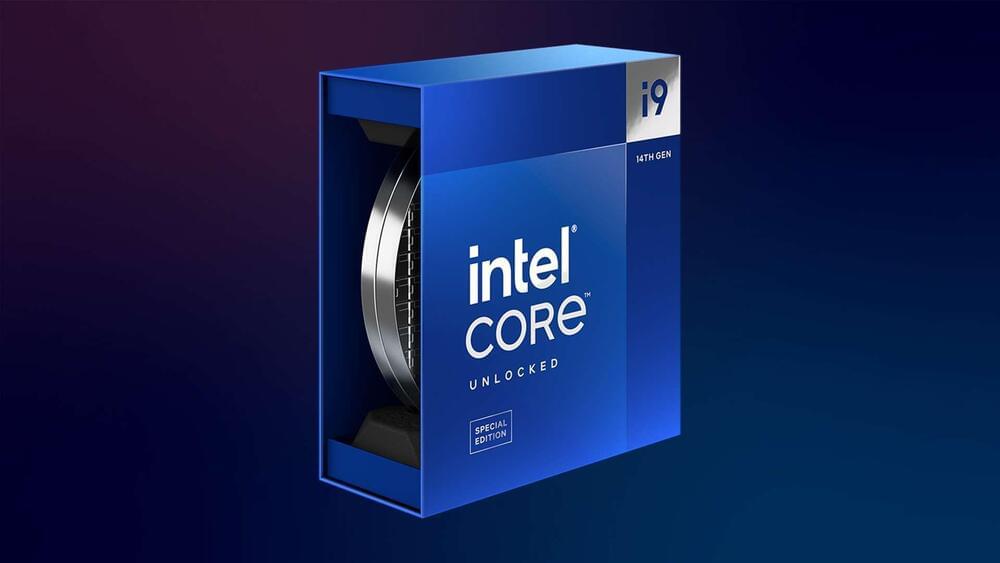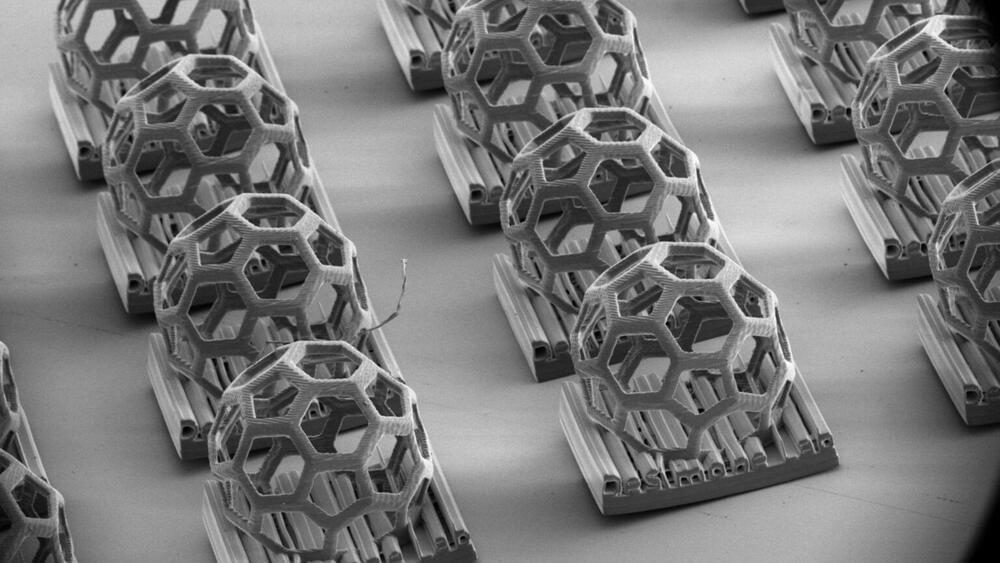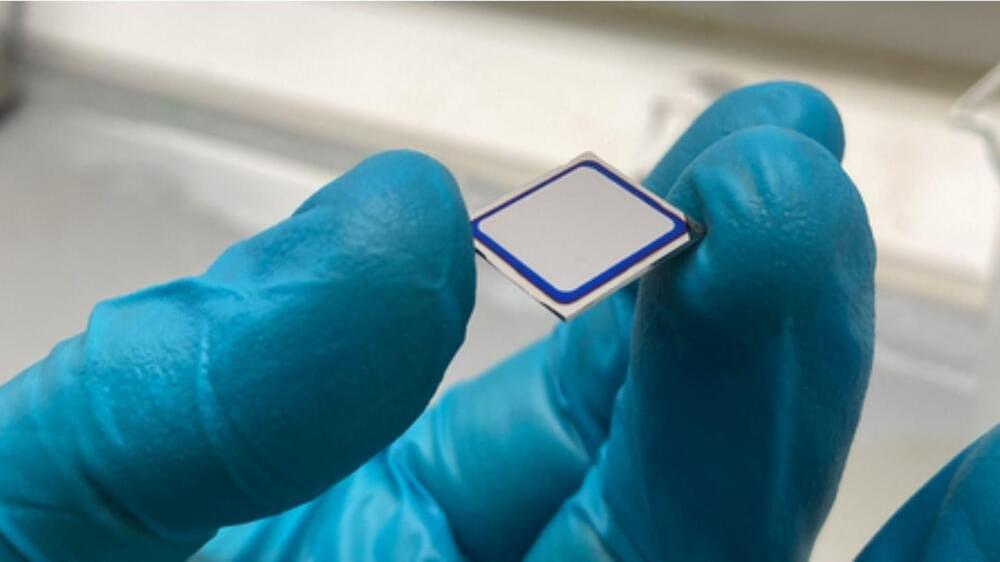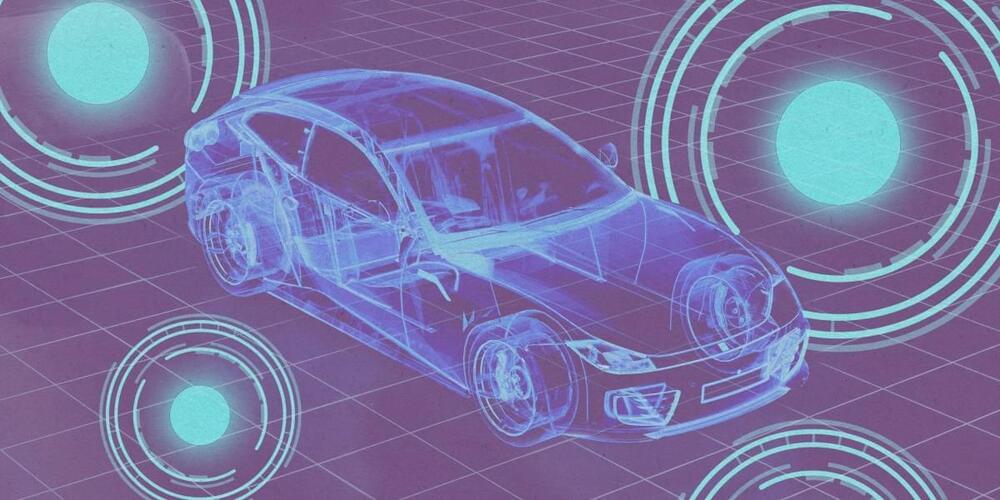“Viruses, infections, and pandemics have become recurrent features in our lives, profoundly impacting human existence and even extending their reach to animals. Despite this, accessible, rapid, and affordable virus detection methods have been lacking,” said Xingcai Zhang, PhD, researcher, Harvard University, told GEN. “Our study aims to visualize viral infection states, predict infection duration, unravel the infection process, explore inhibition methods, and contribute to understanding viral disease transmission and pathogenesis.”
Viral infection of cells causes stress resulting in cell morphology differences over time. This study leveraged those known morphological changes to discern between infected and non-infected cells in culture. The standard practice for identifying infected cells, the methyl thiazolyl tetrazolium (MTT) assay, requires the use of reagent treatments and chemical reactions which can take upwards of 40 hours per sample, which is destroyed in the process.
The method proposed in this paper uses a lensless light diffraction platform to detect diffraction patterns, which can be used to extract information such as contrast and inverse differential moment which are used to create diffraction fingerprints. The fingerprints can be monitored continuously in the same samples as there is no inherent damage to cells.






